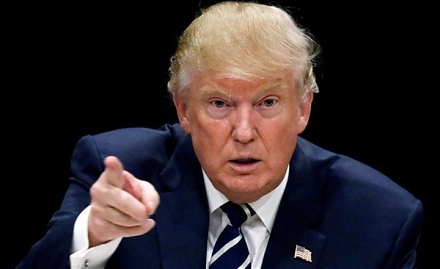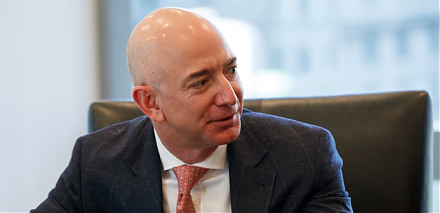

2019-06-23 08:30:00 Sun ET
technology social safety nets education infrastructure health insurance health care medical care medication vaccine social security pension deposit insurance
The financial crisis of 2008-2009 affects many millennials as they bear the primary costs of college tuition, residential demand, health care, and childcare. Ages 22 to 39, millennials have less purchasing power than previous generations did at the same age. Although millennials have benefited from a 67% increase in real wages since the 1970s, this wage boost is insufficient for millennials to keep up with CPI price inflation over the past 4 decades. More than half of millennials cannot afford to own residential properties, have less than $5,000 in their bank deposit accounts, and maintain no retirement accounts. Nowadays millennial affordability attracts both public and private solutions.
For instance, Senator Elizabeth Warren proposes that the government forgives $50,000 in student loan debt for each American whose family earns up to $100,000. Also, Former Vice President Joe Biden supports the new proposal that it should be free for students to complete 4-year bachelor degrees at public universities and colleges. Moreover, the venture fund Kairos invests in more than 5 companies with $20 million to design solutions that tackle the inflationary costs of student loan debt, residential demand, childcare, health insurance, and so forth. Overall, millennial affordability has hence become a major socioeconomic issue in America.
If any of our AYA Analytica financial health memos (FHM), blog posts, ebooks, newsletters, and notifications etc, or any other form of online content curation, involves potential copyright concerns, please feel free to contact us at service@ayafintech.network so that we can remove relevant content in response to any such request within a reasonable time frame.
2022-09-15 11:38:00 Thursday ET

Capital structure choices for private firms The Kauffman Firm Survey (KFS) database provides comprehensive panel data on 5,000+ American private firms fr
2020-06-10 10:35:00 Wednesday ET

Most lean enterprises should facilitate the dual transformation of both core assets with fresh cash flows and new growth options. Scott Anthony, Clark Gi
2018-01-10 08:40:00 Wednesday ET

President Trump considers imposing retaliatory economic sanctions on Chinese products and services in direct response to China's theft and infringement
2020-03-19 13:39:00 Thursday ET

The business legacy and sensitivity of Steve Jobs can transform smart mobile devices with Internet connectivity, music and video content curation, and digit
2017-12-07 08:31:00 Thursday ET

Large multinational tech firms such as Facebook, Apple, Microsoft, Google, and Amazon can benefit much from the G.O.P. tax reform. A recent stock research r
2016-11-08 00:00:00 Tuesday ET

Donald Trump defies the odds to become the new U.S. president. He wants to make America great again. He seeks to repeal Obamacare. He has zero tole